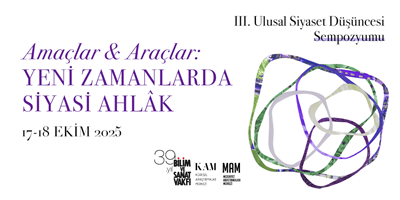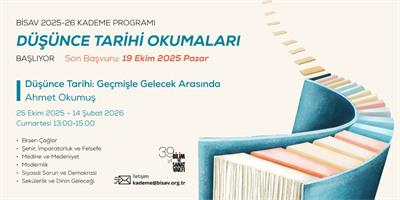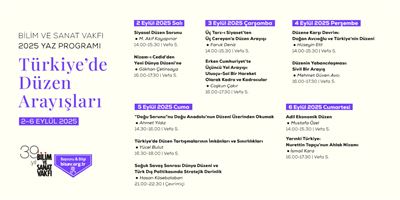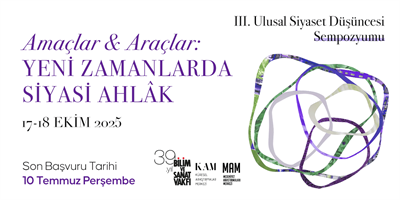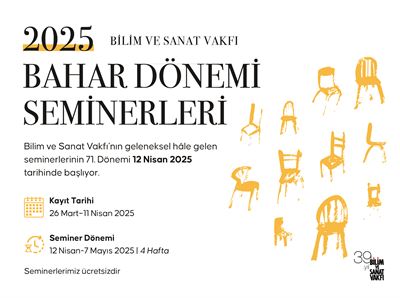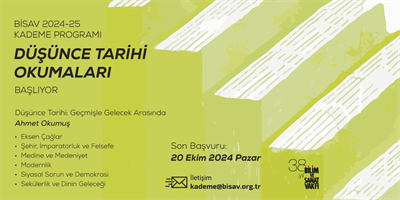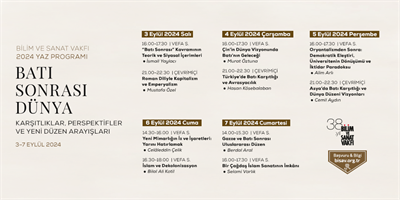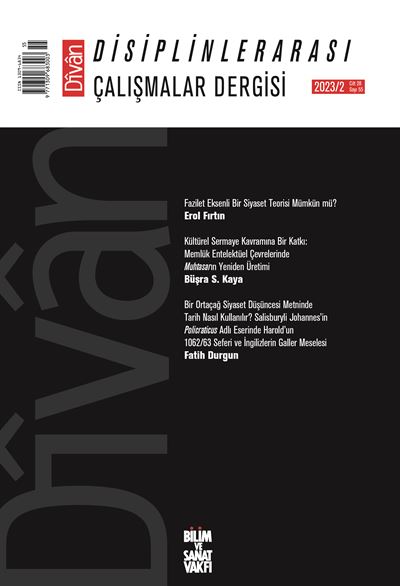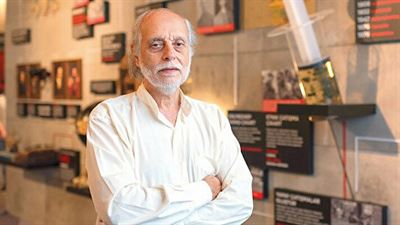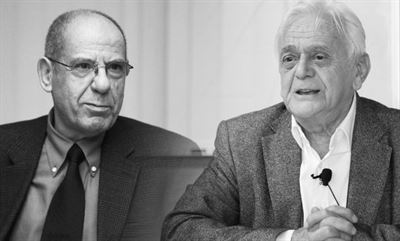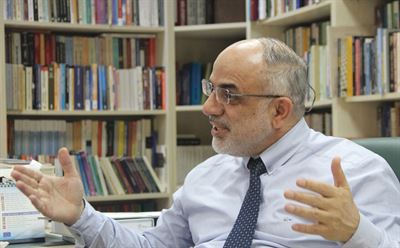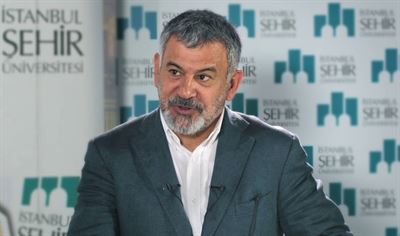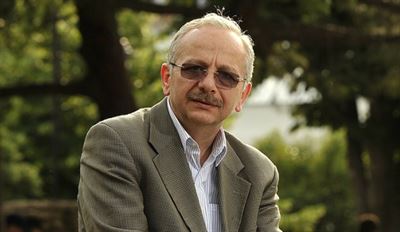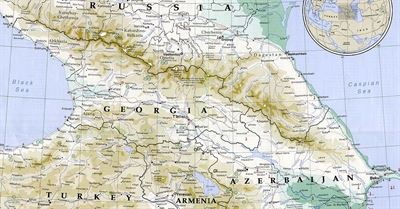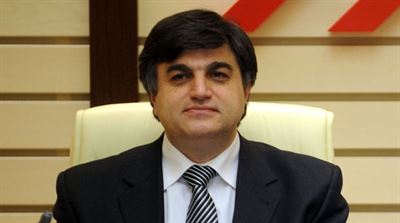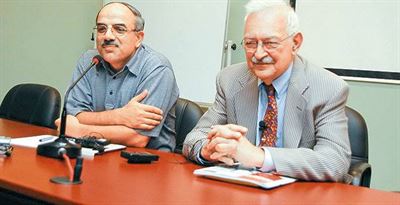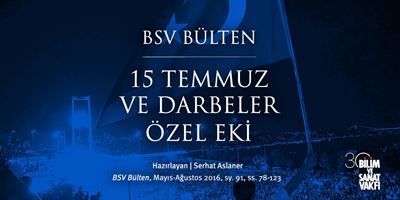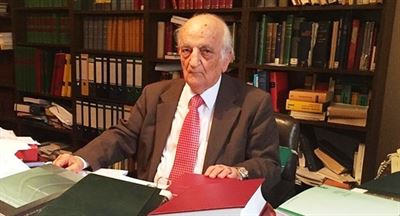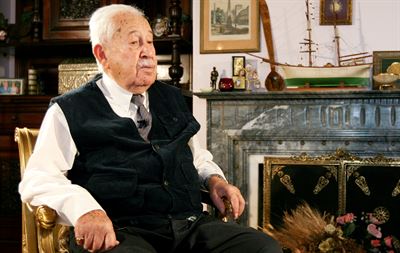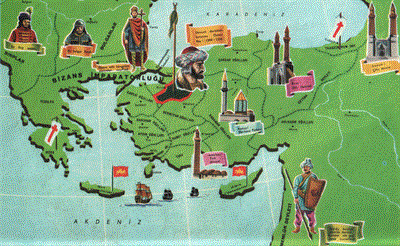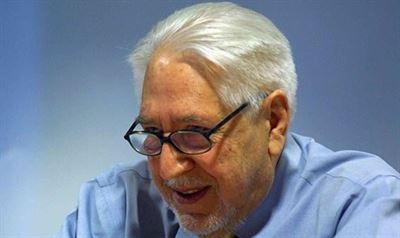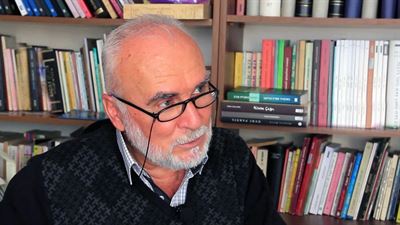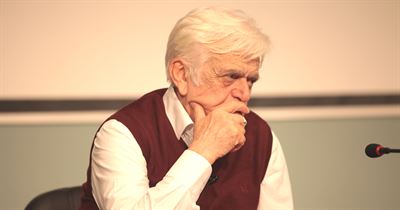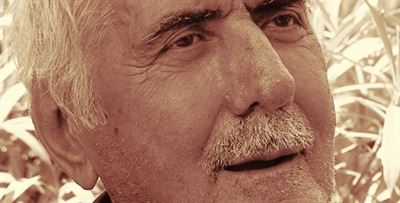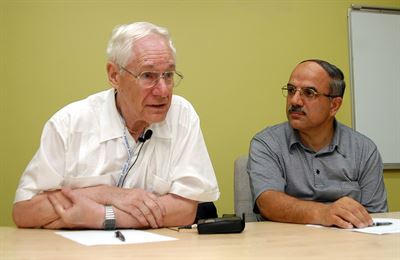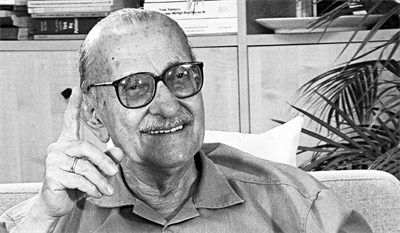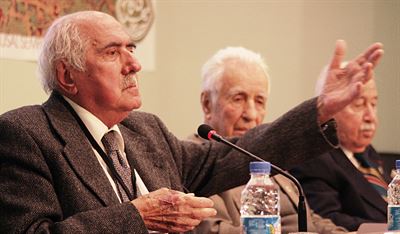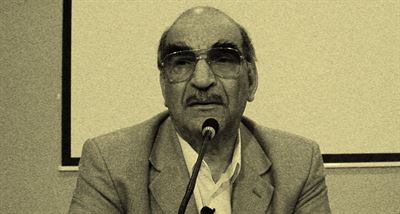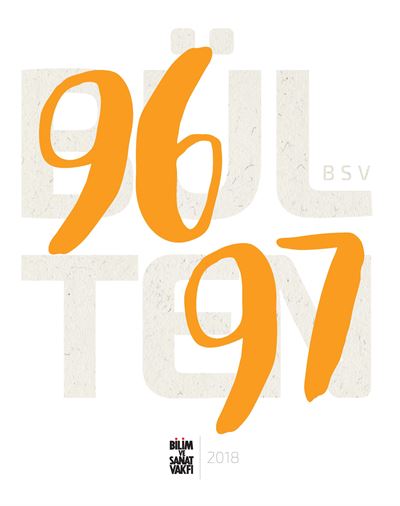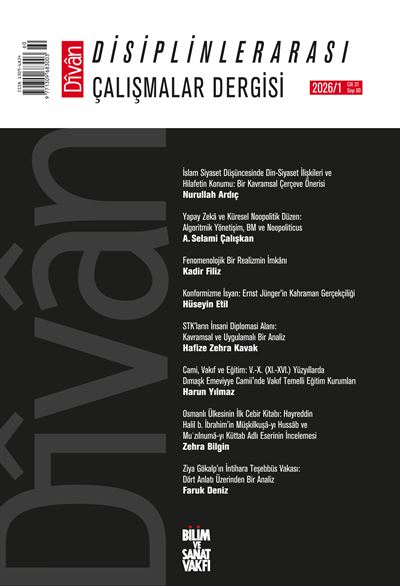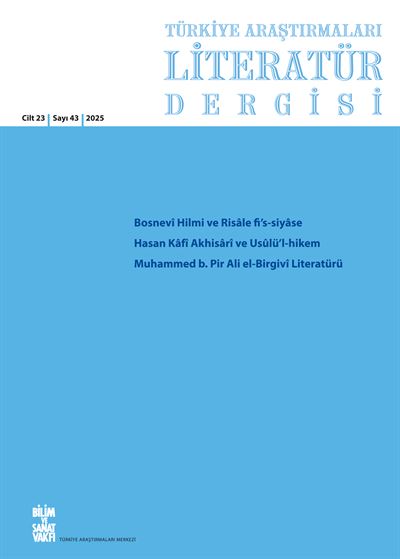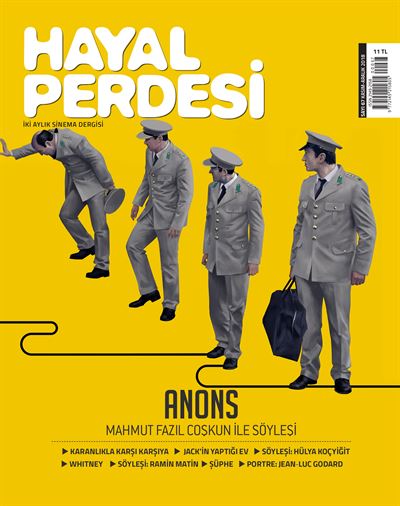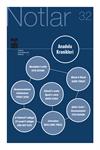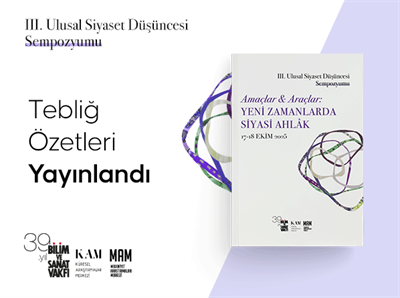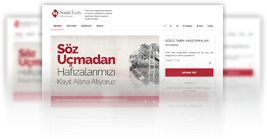
KAM ABOUT
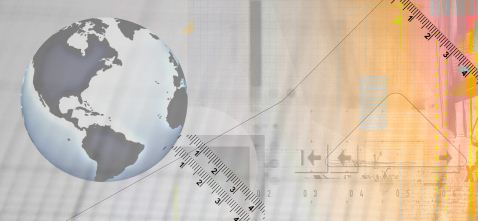
Our Mission and Objectives
The Center for Global Studies (KAM) is the center founded to promote multidisciplinary research on globalization, and social, political, economic, cultural and comparative historical aspects of international affairs. 21stcentury marks the unprecedented interconnectedness in social, political, economic and cultural domains. This interconnectedness generates serious challenges to pre-existing political and economic orders while at the same time providing new opportunities for cooperation and broader collaboration in many fields. Some of the most serious contemporary challenges and problems such as cultural misunderstanding, global economic crises, infectious diseases and epidemics, global warming and environmental degradation, proliferation of arms and WMDs, global human trafficking and crime, humanitarian catastrophes and disasterscan only be understood and addressed with the collaboration of scholars and policymakers from all over the world. Within this framework, the Center also aims to create international scientific platforms for the scholars and students who share similar research agenda.
The perspective of the Center is genuinely interdisciplinary where the collaborative research and academic exchange is highly valued and encouraged. Besides disciplinary boundaries, the center also tries to transcend geographical and cultural boundaries by providing a collaborative forum for scholars and students from all around the world. The center also values Turkey’s rich cultural, historical and political legacy, and local expertise in understanding and addressing regional and global challenges.
The themes that are discussed in the Center’s many activities include:
- Cross-cultural values, and cross-civilizational understanding
- Different modernization, secularization, and globalization experiences
- Current issues and theoretical debates in international relations, and regional studies
- Changing nature of diplomacy, and international law
- Global political-economy, and economic justice
- Turkish foreign policy, and political economy
- Ethnic, religious, sectarian and cultural conflicts, and conflict resolution processes
- Identity issues, and comparative nationalism studies
- Effective governance and management
- Trends and advancements in information and communication technologies, and global business
- The activism and influence of transnational organizations, NGOs, and civic networks
- Transnational migration trends, and risks and opportunities of such trends
The Center for Global Studies aims to:
- Facilitate the formation of networks of cooperation between national and international partners
- Provide discussion and dialogue forums on the transnational and regional challenges
- Follow closely the global trends, and outstanding research and publications in the above-mentioned fields
- Create public awareness through various activities and events such as lectures and seminars, national and international symposia, workshops, reading groups, and thematic panels as well as a number of colloquia
- Produce and provide academic resources and publications for the scholars and students that are trying to understand and research various aspects of globalization and global transformations
KAM Colloquia 2002-2010
SPECIAL EVENTS Main Trends in American Foreign Policy after September 11 David Goldfischer • The Kashmir Question Serdar Muhammed Abdulkayyum • Globalization and Terror: An African Perspective Osman Bugaje • The Albanian Question in the Balkans and Recent Developments in Macedonia Adnan İsmaili • The Tentative Iraqi Law and Recent Developments in Iraq Erşat Hürmüzlü • Government-Business Relations in the Modern World S. Walek Dalpourun • The Right to Life and Abortion Sare Davutoğlu • The Transformation of the Middle East and the Islamic World Fehmi Huveydi • The Security and Foreign Policies of the Caucasian Countries Elkhan Mehdiyev • Information Security: How to Protect Corporate and National Infrastructures? Çetin Kaya Koç • The Mortgage System in the US and Turkey Abdullah Yavaş • The Political and Intellectual Future of Bosnia Ahmet Ali Basic, Veysel Gani, Amer Bugvic • The Future of Bosnia and the Balkans Ömer Behmen • Islam and the West: Clash or Alliance of Civilizations? Hans Köchler • Iranian Foreign Policy: From Dialogue to Clash – A Historical Perspective Fred A. Reed • Islam, Europe, and Turkey Iqbal Asaria • Religion in Modern Europe: Content and Context? Grace Davie • Current Issues in Turkish Foreign Policy and Prospects for the Future Philip Robins • Contemporary Politics of Secularism in Western Plutocracies Bobby S. Sayyid • Politics and Ethics in Islamic Thought Mustafa Abu Sway • Prospects for International Scholarships and Education Muzaffer Şenel, Mesut Özcan • Turkey-South Africa Relations in the Post-Ottoman Period İbrahim Resul • The British Muslim Identity and Islamophobia Seyyid Reza Ameli • Learned Helplessness Elif Kara •Iran’s Nuclear Policy Mohammad Kazem Sajjad Pour • Clash of Organizations? A New Theory to Explain the Dynamics of Conflict Abdulkader H. Sinno • American Presidential Elections Dan Schlafly • Islamophobia and the Contradictions in Europe’s Multicultural Society Hans Köchler • Recent Developments in the Middle East and their Effects on the Palestinian Question Jawad al-Hamed • Moderating Islam in Britain: Co-option, Conflict and Consent Shehnaz Buglawala • Globalization: Civilizing or Destructive? Yunus Kaya • Macedonia after the Fall of Communism Mawludin İbish • Turkish Foreign Policy and the Gaza Conflict Philip Robins • World History: A Panoramic View Alfred J. Andrea • Observations on Lebanon Zahide Tuba Kor • Politics of Global Competitiveness Paul Cammack • The Market Economy and Its Limits Asad Zaman • Nationalism in Iran Ehsan Moghadasi • Observations on Iran Cihan Aktaş • Fighting against Islamophobia: Youth Engagement Bashy Quraishy • The Turkish Economy in 2010 Lokman Gündüz • The "Orient" in Europe Jerzy Zdanowski • Civil Society, Christianity, and Islam: A Clash of Civilizations or Multiple Modernities? Robert W. Hefner • Passive and Assertive Secularism: The US, France, and Turkey Ahmet T. Kuru • Towards a Turkish-Australian Dialogue Michalis S. Michael • The Myth of Islamic Exceptionalism: Religion and Politics in Muslim Societies Mohammed Ayoob • Religion and State in the Muslim World: Comperative Perspectives Pakinam R. El-Sharkawy
DISSERTATION DISCUSSIONS The Concept of the Border and Borders in the Middle East: The Case of Iraq Mesut Özcan • Logistics in Foreign Trade Süleyman Beşli • Globalization and Global Governance Metin Eker • The Possibility of Theory in Economics: The Methodological Debate (Methodenstreit) between Carl Menger and Gustav von Schmoller Fatih Ermiş • The Question of the Nature of the International System in Classical International Relations Theories: Realism, Liberalism, and Marxism Muhammed A. Ağcan • The Arab Middle East in Turkish Foreign Policy during the Post-Cold War Period: The Case of Syria Hasan Basri Kurt • The Image of the Turks in the Modern Egyptian Novel, 1798-1914 Şükran Fazlıoğlu • The Limits of Turkish-Israeli Strategic Cooperation Sernur Yassıkaya • Osman Bölükbaşı’s Significance in Turkish Political Life Fatih Artvinli • Understanding the Gulf in the Context of American Presidential Doctrines Mustafa Emre Kan • Seamanship, Trade, and Settlement in the Red Sea (7th to 11th Centuries) Nihal Şahin Utku • The Reconstruction of Hegemony: Humanitarian Intervention in American Foreign Policy during the Post-Cold War Period Murat Yeşiltaş • The Water Problem in the Middle East in Light of Recent Developments Mehmet Şahin • The Political Stance of the Sebilürreşad Journal and Islamism Fatma Bostan Ünsal • Human Rights and Development Nezir Akyeşilmen • The Concept of the Chosen People in Judaism Salime Leyla Gürkan • The Impact of American Schools on the Shaping of Understanding of Women in Turkey Ayşe Köse Aksu • Alliance Formation in the Uni-Polar System: The Turkish-American Alliance within the Framework of the March 1st Memorandum Hasan Basri Yalçın • The Emergence of the Cyprus Question, 1945-1954 Barış Görgüç • Security as a Governmental Mindset in Turkey Tuncay Kardaş • Muslim Women in the Public: A Deconstructive Reading Ali Arvas • Hamas as a Resistance Movement Ersin Doyran • The Impact of the European-Mediterranean Partnership on Turkish Trade and the Efficiency of Turkish Foreign Trade in the Region Neslişah Tok • Eurasianism as Russia’s Civilizational Identity Construction Vügar İmanov • Debates on Globalization in Turkey and its Consequences Bülent Şen • The Reform of the United Nations Security Council: A Critical Approach Feyzullah Yılmaz • The Öcalan Crisis as a Turning Point in Turkish-Syrian Relations Zahide Tuba Kor • The Iraqi Kurds between Myth and Reality Kutbettin Kılıç • A Democratic Realist Foreign Policy: The USA’s Democracy Promotion Policy in the Middle East and the Case of Egypt İsmail Yaylacı • A Comparison of Turkish and Iranian Policies Toward Iraq Murat Yeşiltaş • Undoing the Domestic-Foreign Distinction, or Undermining Foreign Policy Ali Balcı • The Alliance of Civilizations Initiative: A New Perspective in Turkish Foreign Policy? Nebi Miş • The Role of the World Bank in the Structuring of the World Economic System Abdurrahman Babacan • The Reform of the United Nations Security Council Medine Çağlayan • An Analysis of Turkey’s Policies in the First and the Second Gulf Wars in Light of Learning Theory Kutbettin Kılıç • Palestine in Egyptian Politics Mehmet Özkan • Turkish Studies in the Soviet Union Liaisan Şahin • Turkey’s Policies Towards Caucasian and Turkic Republics in Central Asia Şeyma Akkoyunlu • The American National Security Council’s 2025 World Report Yunus Sönmez • System and Chaos: The Re-construction of the International Order Şükrü Yazğan • Church-State Relations and Islam in Russia: One Step Forward, Two Steps Back Sevinç Alkan Özcan • The Securitization of Democracy, and Discourses on Democracy in the Middle East İsmail Yaylacı • Eurasia and International Relations Emre Erşen • The International System and State Motivations Hasan Basri Yalçın • State Discourse in the Republican Period: A Periodization Ali Balcı • Soft Balancing in Turkish Foreign Policy: The Case of the Iraq Crisis of 2003 Murat Yeşiltaş • The Assyrians: The Ancient People of the Middle East Mutay Öztemiz • Turkey’s Energy Policies: The Case of the Nabucco Project Şaban Kardaş • The Political Dimension of Turkey’s System of the Adjudication of Minors Faik Akçay • Looking at Istanbul’s New Poverty and Exclusion Practices from Ayazma Özgür Sevgi Göral • The Islamic World and Darfur: The Limits and Potential of Turkey’s Darfur Policy Mehmet Özkan • Ideological Discourses in Print Media: Critical Discourse Analysis İbrahim Efe • Soft Power in Turkish Foreign Policy in the Post-Cold War Period: The Case of TIKA Esra Erguvan • The Alternative Globalization Movement: Reaction to Globalization and the Globalization of Resistance Ebru Afat • Jewish Settlers in the West Bank and the Peace Process Emre Yüksek • Confucianism and Alternative Rights Theory
BOOK AND ARTICLE DISCUSSIONS September 11 and International Relations: The Return of the Westphalian System Gökhan Bacık • EU Monetary Policies and EURO Tayanç Gündüz • Foreign Banks Lokman Gündüz • How Happy is the One Who Can Say ‘I am a Turk’ Ahmet Yıldız • Globalization and the Popularization of Feminism Nazife Şişman • What was Wrong with the Black Sea Economic Cooperation Organization? Berdal Aral • September 11 and the Perception of the West Suna Gülfer Ihlamur • Security and Democracy / Democratization: A Comparison between EU’s Policies Toward Eastern European and Mediterranean Countries Ali Resul Usul • Turkish-Georgian Relations: Past, Present, and Future Nebi Gümüş • Remarks on Eurasianism Sevinç Alkan Özcan & Muhammed Ali Ağcan • The Reconstruction of Armenian Identity: The Case of the AGOS Newspaper Şule Gökçenay • Iran and its Geopolitics Hakkı Uygur • Michael Mann’s Theory of Power Nurullah Ardıç & Kutbettin Kılıç • A Contribution to the Debates over Modernity: Imagined Modernity Ergun Yıldırım • Turkish-Hungarian Relations in the Context of Security Muzaffer Şenel • Islam and Terror: A View from the Fiqh Perspective Ahmet Özel • Debates on Politics in the Muslim World: Is Islamic Democracy Possible? Halil İbrahim Yenigün
Social Market against the Market Society on the Anniversary of the January 24 Resolutions Candan Karlıtekin • The Economic Crisis in its Second Year Adnan Büyükdeniz • A Comparative Analysis of the Concepts of War and Terror Muharrem Balcı • Our Economic Policy Within the Framework of the Letter of Intent Presented to the IMF Melikşah Utku • Being a Student in the US and Russia Nurullah Ardıç, Ekrem Karakoç • The Economic Policies of the 59th Government M. İbrahim Turhan • An Earthquake in the Banking System: The Problem of Irregular Recording and its Solution Haluk Ersoy • The New Turkish Lira Burhan Göklemez • Observations on American Elections Yunus Sönmez • Perspectives on the Future of the EU İlhan Serdar Gümüş • Observations on Uganda and Sudan Oral Avcı • What is Going on in Indonesia? Hüseyin Oruç • A Hot Spot in the Middle East: America’s New Middle Eastern Policy Sefer Turan • An Evaluation of the 2006 EU Progress Report and the Future of Turkish-EU Relations Ali Resul Usul • The Turkish Economy in 2006 and Prospects for 2007 İbrahim Öztürk • The Media and Nationalism in Turkey: Fiction and Reality Zeynep Feyza Akınerdem • Latest Developments in Iran’s Domestic and Foreign Policy Agenda Hakkı Uygur • The Global Financial Crisis and its Effects on Turkey Haluk Ersoy • The American National Security Council’s 2025 World Report Yunus Sönmez •
THE EFFICIENT MANAGEMENT TALKS Turkey’s Competitive Advantages in the International Arena Melih Bulu • ‘Service Leadership’ İlhami Fındıkçı • The Role of Human Resources in Corporations Bahattin Aydın • The Story of İspark’s Management Kadir Gurbetçi • My Exerpience with the Management of the Bakırköy Hospital for Psychiatric Health and Diseases Medaim Yanık • Leadership is a Labor of Love Ömer Bolat • The Management of Foreign Trade Hüseyin Yazıcıoğlu • Looking at the World from China Haluk Dortluoğlu • A Management Model: Sinan the Architect and the Süleymaniye Mosque İbrahim Zeyd Gerçik • The Administrative Experiences of a Former Bureaucrat Ahmet Ertürk • Management and Governance in Non-Governmental Organizations Barış Görgüç • The Quantification of Management and Efficient Management Yakup Bilgin Koçal • The Leaderless Organizations of the 21st Century: The Disappearance of Spider Organizations and the Unstoppable Rise of Starfish Organizations Melih Arat •
EURASIA TALKS Russia in World Politics: Civilization and Identity Vitaly Naumkin • The Trans-national Role of the Roman Orthodox Church: The Case of Italy Suna Gülfer Ihlamur • Islam in Russia: Historical Facts and Modern Developments Elmira Akhmetova •
ECONOMY TALKS The Overshadowing Role of Governance Institutions in the Relationship between Income Distribution and Government Spending Ahmet Faruk Aysan • Islamic Economics, Finance, and Banking Experience in the Context of Development Mehmet Asutay •
EUROPE TALKS The Extension of the EU and Turkey: A Neo-functionalist Perspective İsmail Numan Telci • Identity and Corruption in Turkey -- EU Relations Tim Jacoby • Turkey-Spain Relations in the Process of the Turkey-EU Negotiations Akın Özçer •
ASIA TALKS Current Human Rights Issues in China Jian-li Yang • Chinese Foreign Policy Discourse during the Cold War Period: Foreign Language Broadcasting and Beijing Radio Çağdaş Üngör • Chinese Muslims: Yesterday and Today Hale Eroğlu Sağer •
NATIONALISM TALKS Azeri Nationalism from the Soviet Period to Post-Independence Şammas Salur • Turkish Nationalism and the Kurdish Question Mesut Yeğen
SEMINARS

As the most traditonal activity of BISAV, the courses take place in every fall and spring of a year.
MORE INFO

